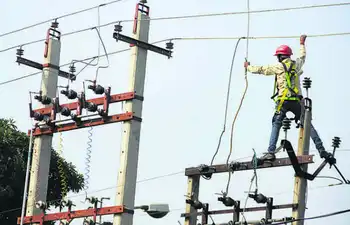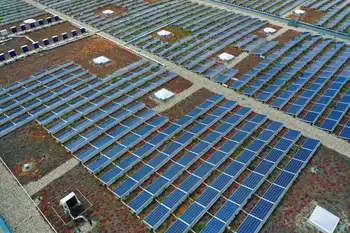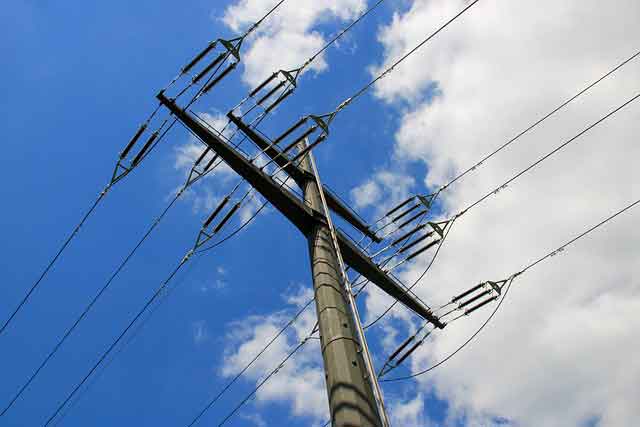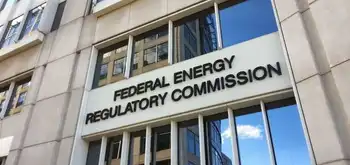Yukon encourages green energy generation
The territorial government announced a draft "net-metering" policy that would allow people who generate their own electricity from renewable sources to add their surplus energy to the grid.
Those who do contribute surplus electricity would get a credit that can be used when their own energy supplies fall short and they need to plug into the grid.
Manon Moreau, a senior planner with the territorial Energy, Mines and resources Department, said the program will encourage people to consider "looking at more renewable energy, looking at diversifying our electricity supply."
Moreau said the details need to be worked out with power companies and the Yukon Utilities Board before the policy comes into effect.
But Randy Clarkson, who has been working on small-scale energy projects for the past two decades, said the Yukon government's program won't really benefit Yukoners.
"The problem with putting up your own windmill or your own solar power is that you have to buy some fairly expensive electronics to interlock with the utility," Clarkson said.
"You would also find that the cost of generating power on a small scale like that is more expensive than what you could buy from the utility."
Yukoner Peter Becker said he has been interested in generating green energy at home, but he can't do it without some financial incentives.
"If you have solar panels, if you have a small wind plant, you don't burden society with huge ecological costs, as it happens with diesel generation, as it happens with hydro projects," Becker said.
Related News

Paying for electricity in India: Power theft can't be business as usual
NEW DELHI - India is among the world leaders in losing money to electricity theft. The country’s power sector also has a peculiar pattern of entities selling without getting the money on time, or nothing at all. Coal India is owed about Rs 12,300 crore by power generation companies, which themselves have not been paid over Rs 1 lakh crore by distribution companies. The figures of losses suffered by discoms are much higher. The circuit does get completed somehow, but the uneven transaction, which defies business sense, introduces a disruptive strand that limits the scope for any future planning. Regular…





